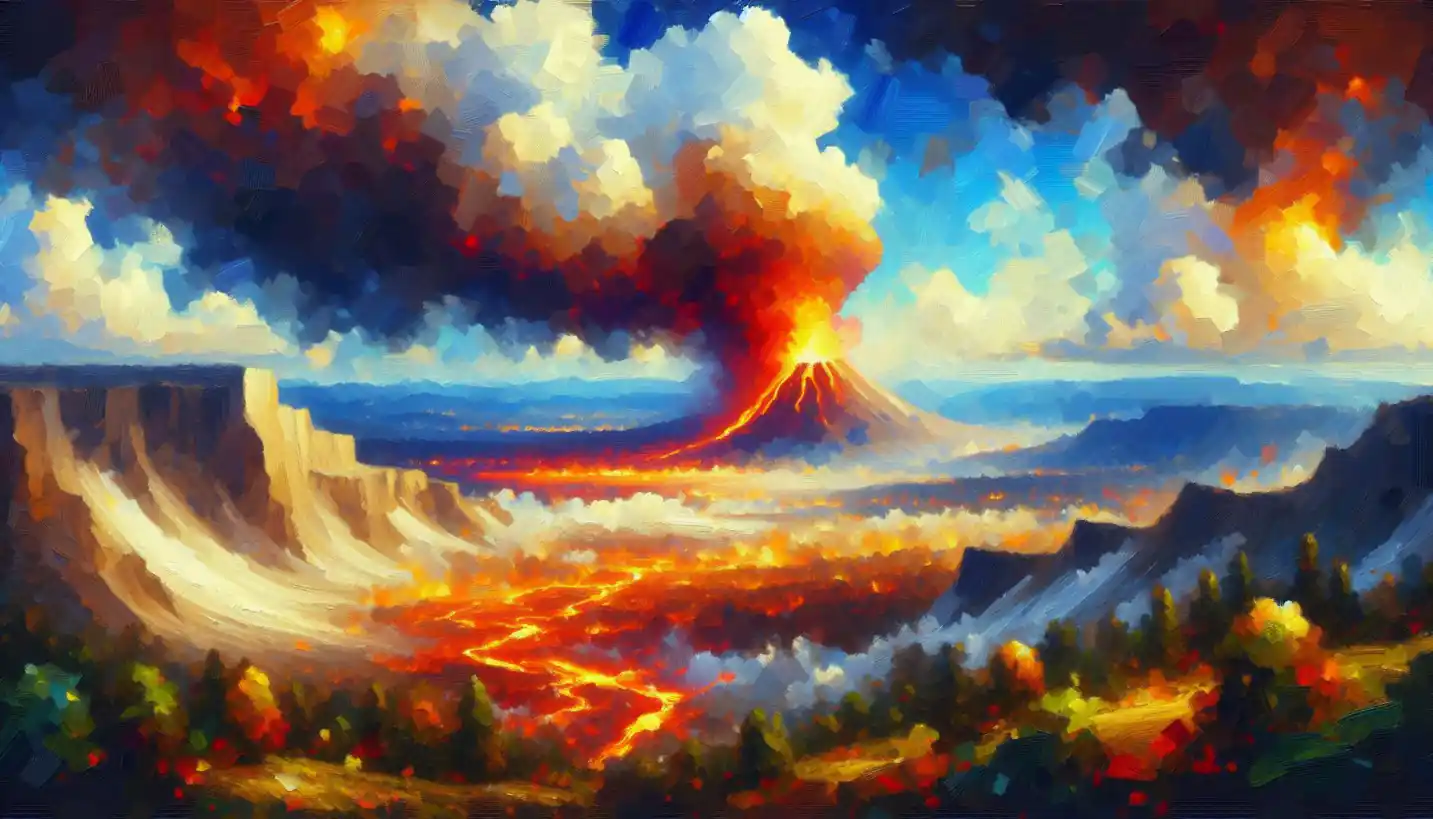· Geography · 4 min read
Environmental Determinism: Understanding the Impact of Nature on Human History
Environmental determinism shows how nature has guided human history. Delve into how environmental factors have molded civilizations through time.

When you delve into the concept of environmental determinism, you start uncovering how our environment has played a pivotal role in shaping human history. This idea, deeply rooted in historical geography, suggests that the natural world significantly influences human societies—everything from culture to development. Curious to learn more? Let’s explore how this intriguing theory weaves together nature and nurture to shape our world.
What is Environmental Determinism?
At its core, environmental determinism is about the belief that the physical environment, particularly climate and geography, dictates the patterns of human culture and societal development. Think of it like a stage setting that significantly influences the play performed upon it. The terrain, the weather, the availability of resources—all these factors purportedly control human destiny, according to this view.
Imagine ancient civilizations. Those that blossomed along fertile riverbanks, such as the Nile or the Indus, leveraged their bountiful surroundings to develop agriculture, trade, and eventually, complex societies. These geographical blessings offered food security and opportunities for growth, underscoring how nature can guide human progress.
Historical Emergence of the Idea
The roots of environmental determinism trace back to early geographers and thinkers like Hippocrates and Montesquieu, who contemplated how the natural world influenced human behavior and societal progression. However, it gained more momentum in the late 19th and early 20th centuries, thanks to scholars like Friedrich Ratzel and Ellen Churchill Semple. They argued that the environment was the primary factor in shaping civilizations.
Their ideas took hold in a period where scientific exploration intersected with imperial ambitions, providing a tidy rationale for why some societies were more “advanced” than others. While this perspective simplified complex cultural evolutions, it also sparked controversy for overemphasizing the role of natural factors.
Examples of Environmental Determinism
Throughout history, numerous examples can illustrate how the environment may have charted the course for different societies:
River Civilizations
Consider the ancient Egyptians and their reliance on the Nile. This river’s predictable flooding provided rich nutrients to the soil, which, in return, yielded abundant crops. This reliability allowed for societal stability and growth, enabling the Egyptians to invest in monumental architecture and art.
Mountain Barriers
On the flip side, think about how the Himalayas acted as a formidable barrier for ancient India. This geographic feature limited invasions, providing a sense of security that shaped its cultural and political evolution uniquely separate from regions to the northwest.
Climatic Influences
Take the harsh desert climate of ancient Mesopotamia, requiring innovative irrigation techniques. Such environmental challenges spurred technological advancements and community collaboration—traits etched into Mesopotamian culture.
Modern Implications and Criticism
Environmental determinism, while intriguing, isn’t without its critics. The premise that environment alone dictates human fate ignores the nuances of human agency and adaptability. Critics point out that cultural practices, institutions, and innovations also play crucial roles.
Consider how technology has allowed societies to transcend environmental constraints. From towering skyscrapers defying gravity to air conditioning taming sweltering climates, human ingenuity often finds ways to overcome nature’s harsh edges.
Moreover, this deterministic view can tread dangerous grounds when it serves as a justification for racial and cultural superiority—arguing that certain groups failed to progress due to their environments can oversimplify and skew historical narratives.
Cultural and Political Impacts
Environmental determinism isn’t just an academic concept; it has influenced cultural and political ideologies as well. In the colonial era, for instance, it was sometimes used to argue for European superiority based on their temperate climate compared to the tropical regions they colonized.
This has sparked important discussions about how we interpret and prioritize the roles of environment versus human action. Understanding these dynamics is crucial as we face contemporary challenges like climate change, where the balance between nature’s force and human response is on global display.
Questions and Future Directions
As we ponder environmental determinism, several questions naturally arise: Can we truly separate nature’s influence from human innovation? How do modern technologies change the interaction between environment and society?
In the age of climate change, these questions become even more pressing. While our technological advancements allow for incredible achievements, they also remind us of our vulnerabilities to environmental shifts. Exploring how societies adapt to these changes can offer insights into balancing the forces of nature and human intervention.
Importance of Understanding Environmental Determinism
Investigating environmental determinism provides a valuable lens through which to examine historical and modern socio-cultural developments. It highlights the profound connection between the Earth and its inhabitants, prompting us to appreciate not only the beauty of our world but also its relentless influence on human life.
By embracing a balanced perspective that considers both environmental and human factors, we can better understand our past, navigate present challenges, and prepare for a sustainable future. As you ponder the next big story nature and humanity will collaborate on, remember that the interplay between these forces is as dynamic and evolving as life itself.


